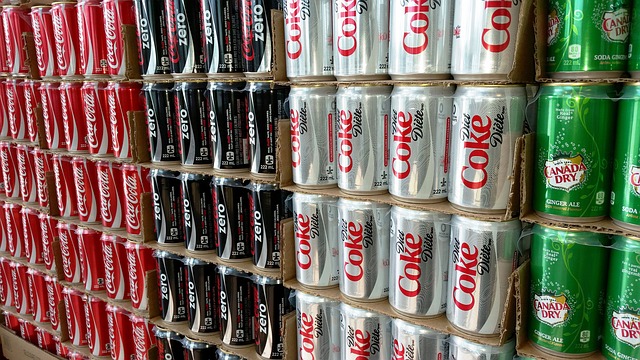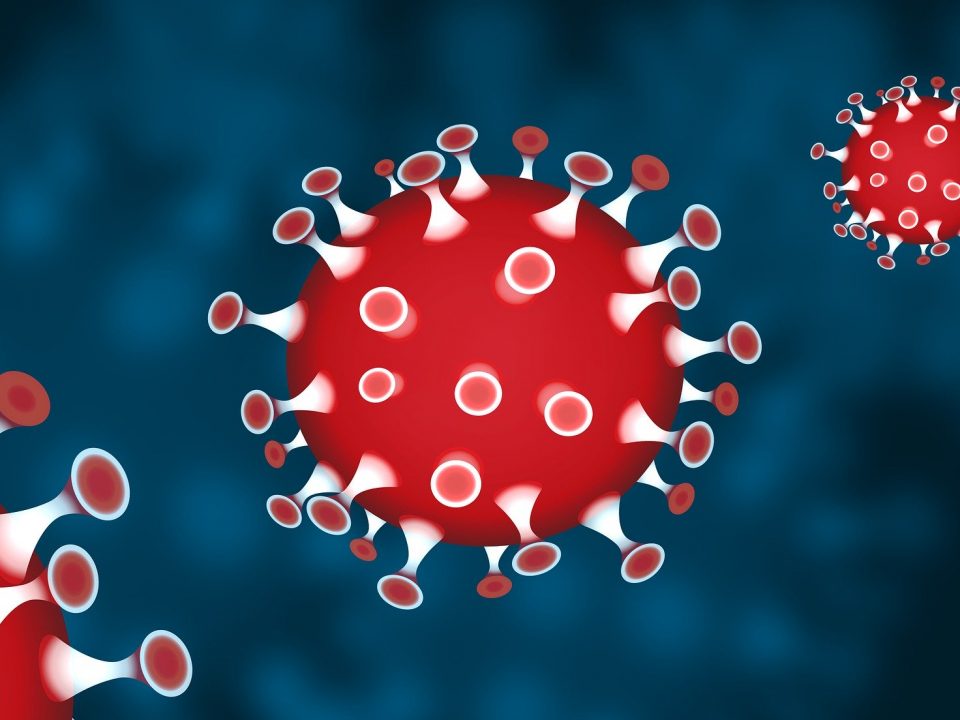Is Philadelphia’s Soda Tax a Dud?

We’re now in the eighth month since Philadelphia’s soda tax was enacted, and some people – a lot of them, actually – are calling the levy a failed experiment. To put it simply, the tax (which is 1.5 cents per ounce on all sugary beverages, including regular and diet sodas, flavored waters, juices, coffees, teas, etc.) isn’t bringing in as much revenue as projections said that it would. And considering how contentious the tax happens to be, that’s all the more ammunition for opponents of the soda tax who argue that it never should have been enacted in the first place.

The soda tax isn’t turning out to be as profitable as initially projected, says a new study.
A Philly.com article suggested that the tax is chasing buyers out of the city. “The study by Catalina, a Florida marketing firm, showed sales of such drinks at nearly 1,000 franchised grocery and drug stores have fallen 55 percent, while sales at stores studied just outside the city’s border rose 38 percent,” said the publication. Additionally, the tax has raised $39.3 million for pre-kindergarten and other programs it was designed to fund, less than the city’s initial projection of $42.6 million.
City officials, headed up by the soda tax’s #1 champion, Mayor Jim Kenney. A blurb on the mayor’s homepage states that “Thanks to the Philadelphia Beverage Tax: nearly 2,000 kids are in PHLpreK, eleven community schools launched since last fall, and the work to rebuild our parks, rec centers & libraries continues.” They state that the tax is still doing good work, even if revenue isn’t quite what they initially thought it would be.
According to CNBC: “Catalina’s study analyzed 109 million transactions at sales at grocery, mass and drug stores around Philadelphia. [City spokesman Mike] Dunn cautioned that supermarkets account for less than half of beverage sales in Philadelphia. He said the city also expected some people to initially drive to the suburbs then change their mind.” Take the results with a grain of salt, then, is their advice.



